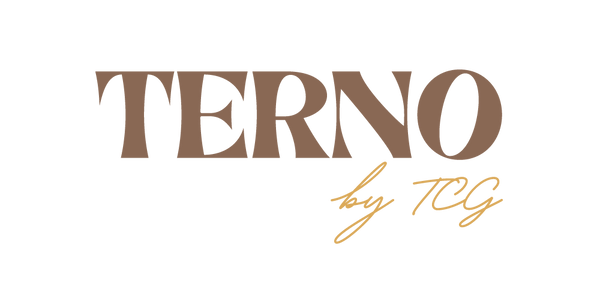The Filipino language: A pillar of cultural identity
Babylyn BuchanIn the new age of globalization, where cultures frequently mix together, the preservation of our nation’s unique heritage becomes more crucial than ever. For the Philippines, the Filipino language, like the national attire, Barong Tagalog and Baro’t Saya or TERNO, are vital symbols of our cultural identity. They play a significant role in preserving the country’s rich heritage and promoting our unique culture in the modern world.
The Filipino language, derived primarily from Tagalog with influences from various Philippine languages, stands as our national language. With over 170 languages and dialects spoken across the archipelago, Filipino serves as our mother tongue, fostering communication and understanding among the Filipino people.
1. Cultural Preservation: The Filipino language captures the essence of Filipino life, from its folklore and literature to its everyday expressions. By speaking and promoting Filipino, we maintain a living connection to our past, ensuring that our stories and traditions are not lost amid the influences of other cultures.
2. Expression and Identity: The Filipino language provides a platform for expressing the Filipino worldview. It is the medium through which we articulate our unique perspectives and emotions. In literature, music, and film, the use of Filipino enriches the narrative, offering authentic representations of Filipino life. By nurturing the language, we assert our identity and maintain the distinctiveness of our culture in a global landscape.
3. Cultural Continuity: As younger generations grow up in a digital environment, it is essential to pass down the Filipino language and traditional practices as they provide a foundation for cultural continuity, allowing future generations to connect with their heritage.
4. Cultural Diplomacy: The Filipino language and national attire are powerful elements of cultural diplomacy. These enable us to build cultural bridges and foster goodwill with other nations. Through cultural exchanges, festivals, and international events, the Philippines can showcase its rich heritage, contributing to a more diverse and inclusive global culture.
The Filipino language and national attire are indispensable aspects of the Philippines’ cultural heritage. They are symbols of our identity, history, and values. In preserving and promoting these cultural treasures, we not only honour our past but also enrich our present and future. As Filipinos, it is our collective responsibility to cherish and uphold our language and national attire, ensuring that they continue to thrive in the modern world. Let us celebrate our heritage with pride and share it with the world, for it is through these expressions of culture that we contribute to the vibrant tapestry of humanity.
One of TERNO by TCG's core values is "care for culture and society" and as we continue to bring quality products that foster cultural preservation and exchange, we are honoured to be part of events within our community which are aligned to our mission, vision and values. As we celebrate the Philippines' "Buwan ng Wika", TERNO by TCG is proud to be one of the selected brand partners of Sulyap: A Celebration Of Filipino Language at 360°. Presented by Tribe Creatives, a sub-committee of the Philippine Business Council Dubai and Northern Emirates and in collaboration with Emirates Literature Foundation and Theatre of Digital Arts, Sulyap is a special showcase of Filipino poetry, dance, visual arts, and music. Catch a glimpse of the beating heart and soul of Filipino culture, where every performance tells a tale, and every art piece conveys a rich heritage. Join us on 17th August, Saturday at 1:00 PM UAE time, at the Theatre of Digital Arts, Souk Madinat Jumeirah. Click here for more details https://toda.ae/sulyap

SULYAP: A celebration of the Filipino language (photo credit TRIBE Creatives IG and TODA website)
